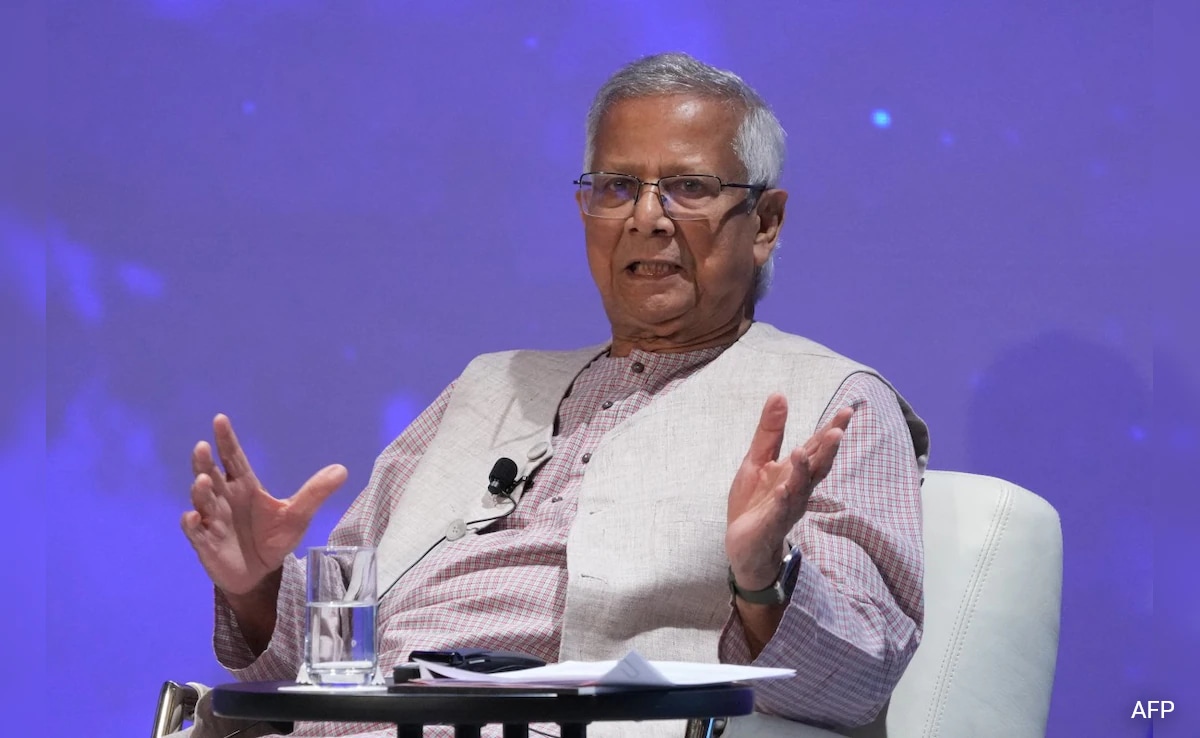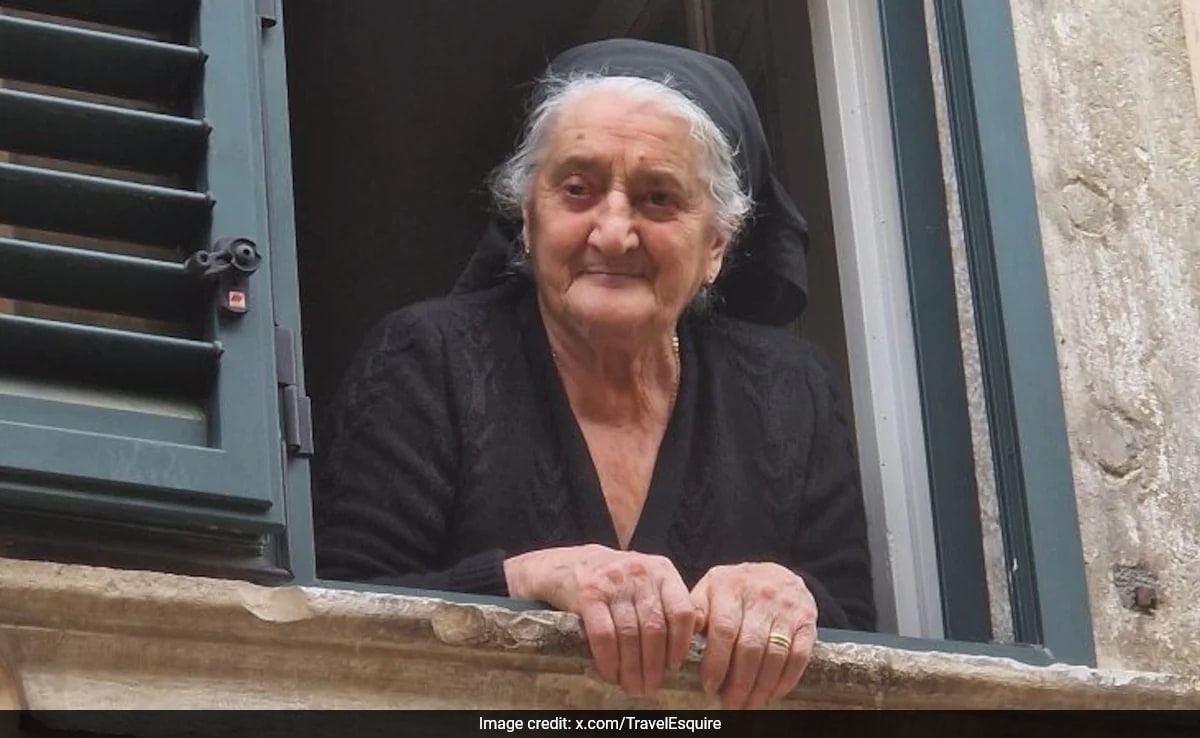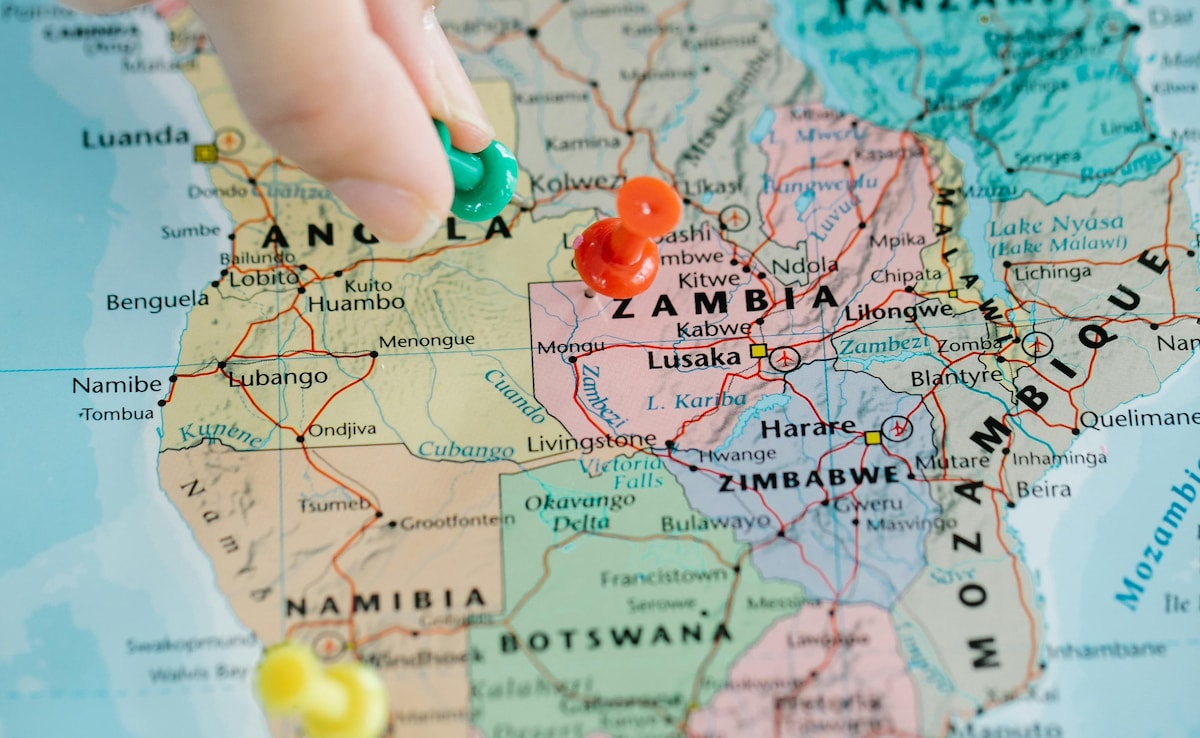The country’s High National Election Commission proposed in a statement Wednesday that elections instead be held on Jan. 24, citing a range of difficulties it encountered in organizing the elections, including “the inadequacy of electoral legislation with regard to the judiciary’s role in electoral appeals and disputes.”
Confusion over the legislation “created a state of uncertainty on whether the commission’s decisions were right with regard to its exclusion of a number of candidates who did not meet the conditions,” the statement said.
The delay comes despite the commission’s “technical readiness” to hold the election on Dec. 24 as planned, it said.
In an interview in the capital of Tripoli late last month, the commission’s chairman, Emad al-Sayah, said that voting is crucial to determining whether Libya will continue on the track of democracy and peaceful devolution of power, “or go to square zero, where war will take place.”
Observers and civilians have been divided over whether the election, which includes bids by several of Libya’s most controversial and divisive figures, would ratchet up fears over renewed conflict or help to diffuse them. In recent days, forces from several armed groups mobilized fighters in the capital, prompting the U.N. to warn that such behavior “creates tensions and increases the risk of clashes that could spiral into conflict.”
Three of the most prominent candidates include interim prime minister Abdulhamid Dbeibah, who had previously said he would not run in the election; commander Khalifa Hifter who controls much of the country’s east and previously launched an assault on the capital of Tripoli; and Saif al-Islam Gaddafi, son of former dictator Moammar al-Gaddafi who was overthrown and killed during the country’s 2011 revolution.
All three men registered to run and then faced challenges to their eligibility in recent weeks. Their allegiances are also divided throughout the country, largely along geographical lines.
The younger Gaddafi is wanted by the International Criminal Court on charges of crimes against humanity allegedly committed in 2011 and Hifter has faced war crimes allegations in courts in the United States, where he lived for decades before returning to Libya.
Read More
.png)











 English (United States) ·
English (United States) ·  Turkish (Turkey) ·
Turkish (Turkey) ·